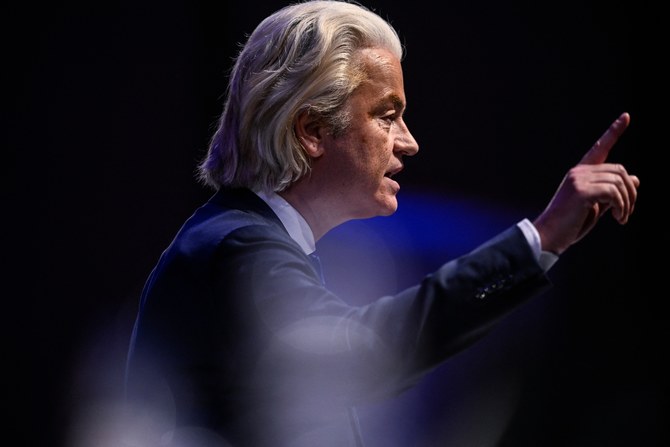
This was undoubtedly one of the biggest surprises of the snap parliamentary elections in France. The far right, which was on the verge of power, was stopped dead in its tracks. All the polls were already giving the keys of the Hotel Matignon to its leader Jordan Bardella. Marine Le Pen and the National Rally leadership were already strutting confidently on TV screens, as if no force could deprive them of the achievement predicted by the polls.
But the shower was cold and the surprise was shattering. Although the National Rally doubled its number of seats, it fell far short of its dream of a majority. It fell so far behind the polls that it was relegated to third place behind the New Popular Front and Emmanuel Macron’s Ensemble bloc.
How, then, can we explain this deterioration in comparison with the top position predicted by the pollsters? There are several reasons behind the National Rally’s frustration. The first, and most spectacular, is the fact that, between the two rounds, the issue of dual nationals was raised. By shining a spotlight on this issue, Bardella wanted to camouflage to his electorate the many economic renunciations he had made to polish his party’s image and please the financial circles that doubted his ability to manage the country effectively.
The question of dual nationality was equally explosive and shocking for the French public opinion, which had sensed the National Rally’s desire to create categories of French people and to nurture a state racism that was extremely prejudicial to the harmony essential to social peace. In addition to this attack on dual nationals, officially accused of being potential traitors or double agents, with the obsession to call into question the right to land, the National Rally appeared as a pyromaniac and a danger to the majority of French people. As a result, they rushed en masse to the polls to deprive the party of the victory that had been drawn with certainty by the double momentum of the European elections and the first round of the legislative elections.
The French people rushed en masse to the polls to deprive the National Rally of the victory that had been drawn with certainty
Mustapha Tossa
The second reason the National Rally’s charm was suddenly broken between the two rounds lies in the discovery by the French public of the profiles of many of its candidates who aspired to sit in parliament. Between their blatant ignorance of the political and economic minimum required for this ambition of national representation and their postures that bordered on the mentally debilitated, unabashed racism and antisemitism, these candidates showed the true face of the far right.
With the results being amplified by social networks, the process of de-demonization that Le Pen had followed to create a new showcase for the party had taken a turn for the worse, ending years of restraint and false pretenses. The image given by the National Rally is that of a party ill-prepared economically to manage the country, with a worrying heritage in its relations with otherness and an assumed social pyromania.
In its attempts to explain this failure, the far-right party rightly pointed out that it had doubled the number of its deputies and now has a large group in parliament, giving it a powerful political megaphone, through which it can circulate its ideas and widen the scope of its appeal. The National Rally will use this parliamentary platform to prepare for future elections, such as the 2026 municipal elections and the 2027 presidential election.
For Le Pen, who had hoped to use these legislative elections as a launch pad for her bid for the Elysee Palace, this is a major blow. Coming so close to her goal only to fail, thanks to a poor communications strategy between the two rounds and a flawed human resources management and political casting policy, is bound to have consequences. It is to be expected that this frustration at both the grassroots and leadership levels will be met with some grumbling and calls for accountability for a strategy that nurtured so many hopes, only to be shattered by the reality of French political life. It seems that the French are still not ready to entrust the keys of their destiny to the far right.
Mustapha Tossa is a Franco-Moroccan journalist. In addition to having participated in the launch of the Arabic service of Radio France Internationale, he has notably worked for Monte Carlo Doualiya, TV5Monde and France 24.












